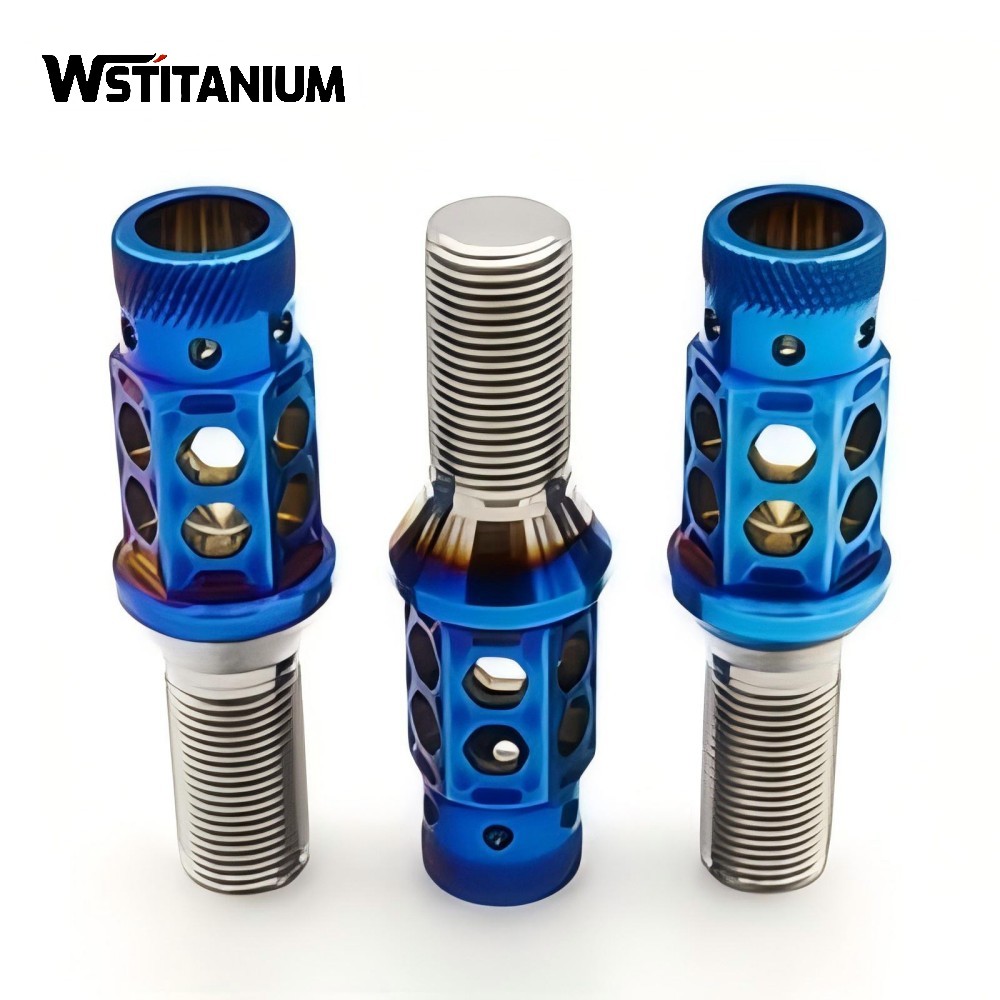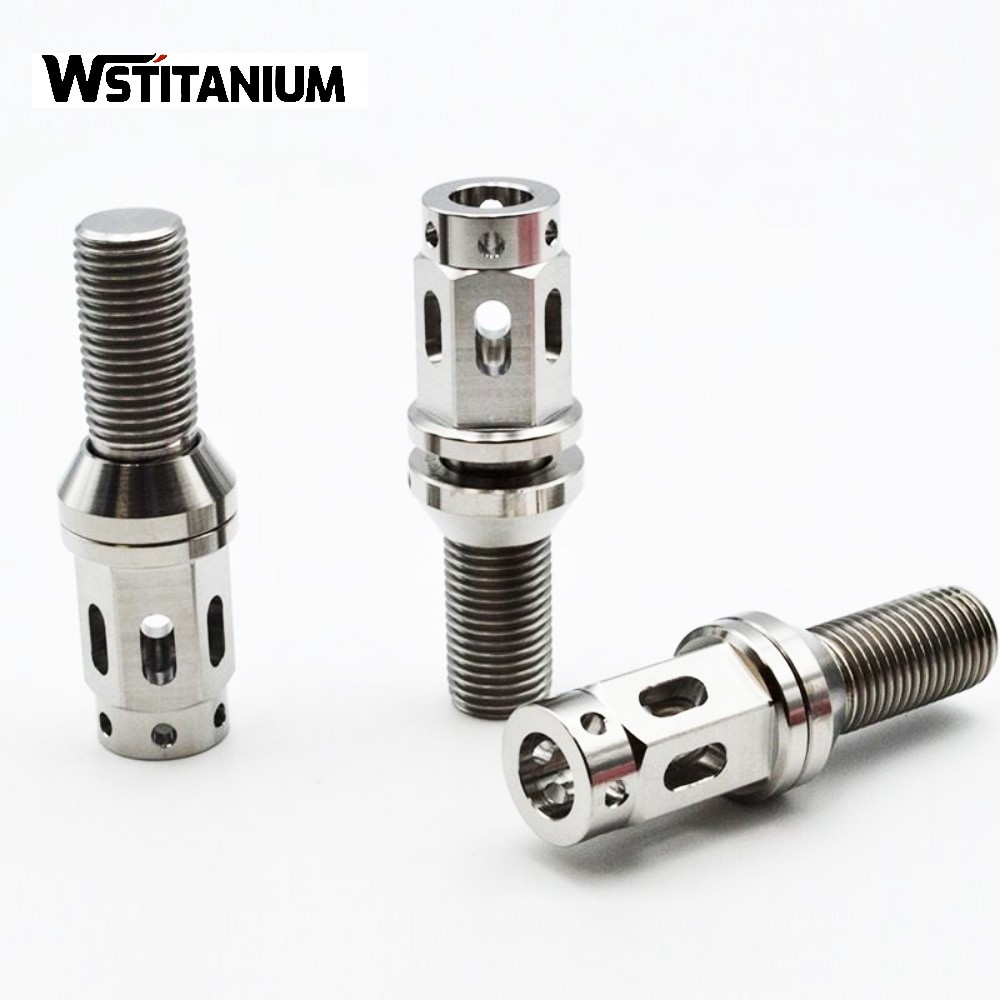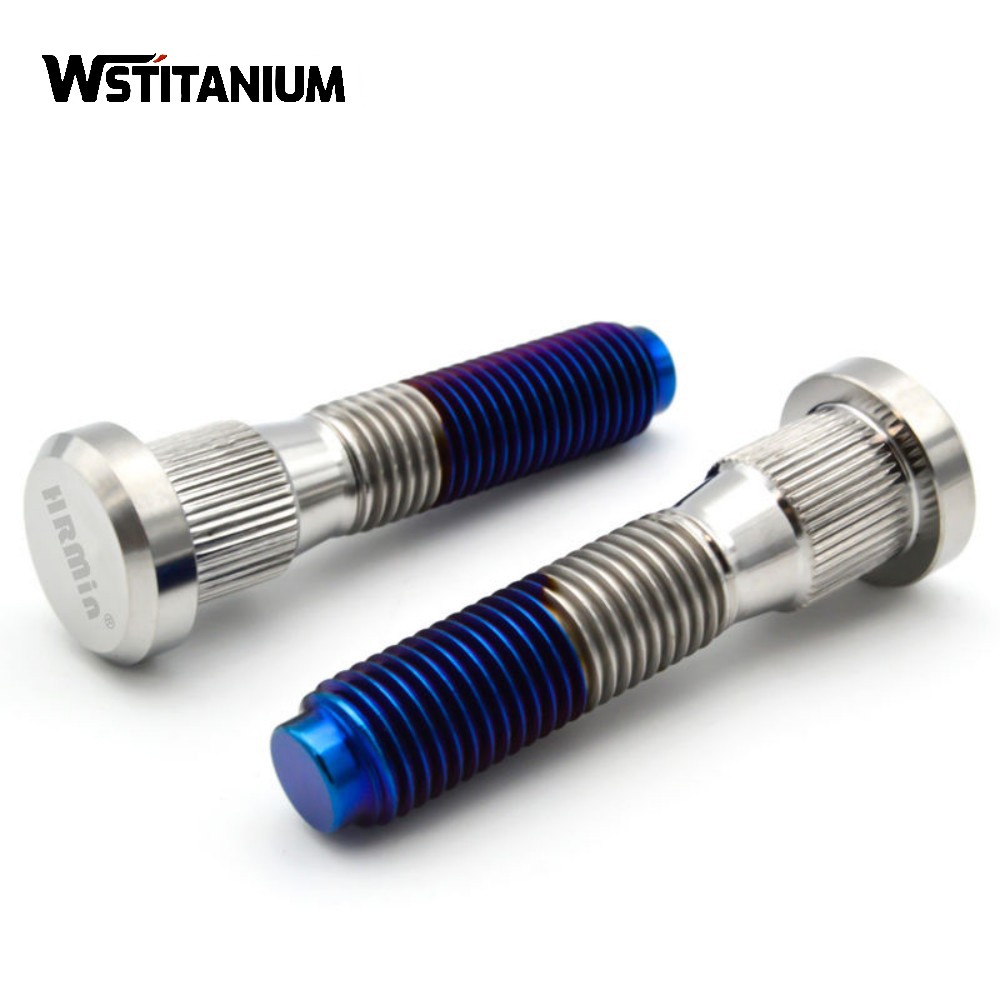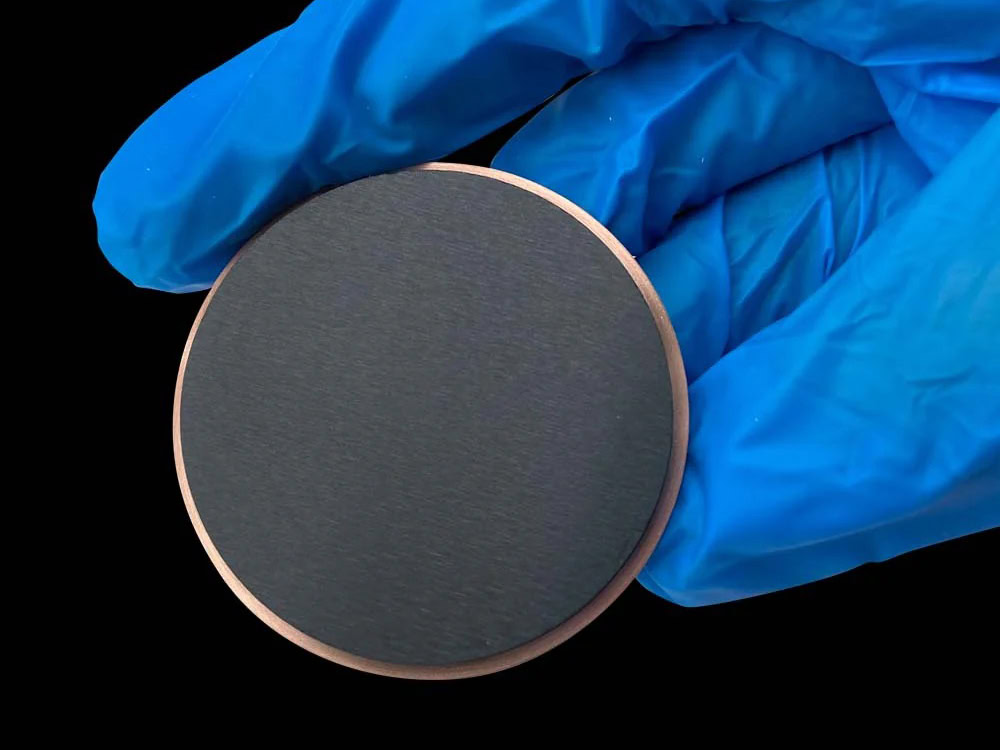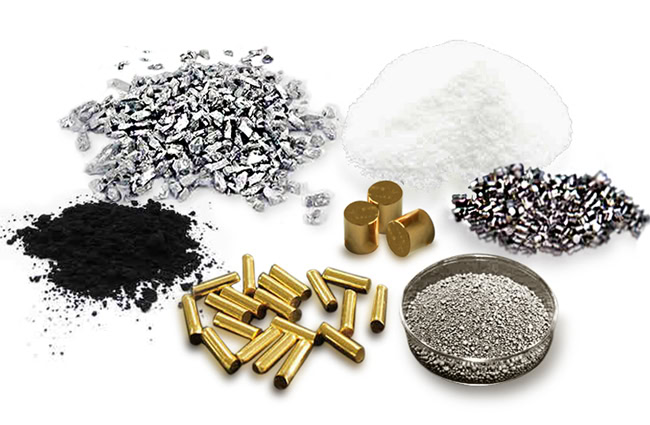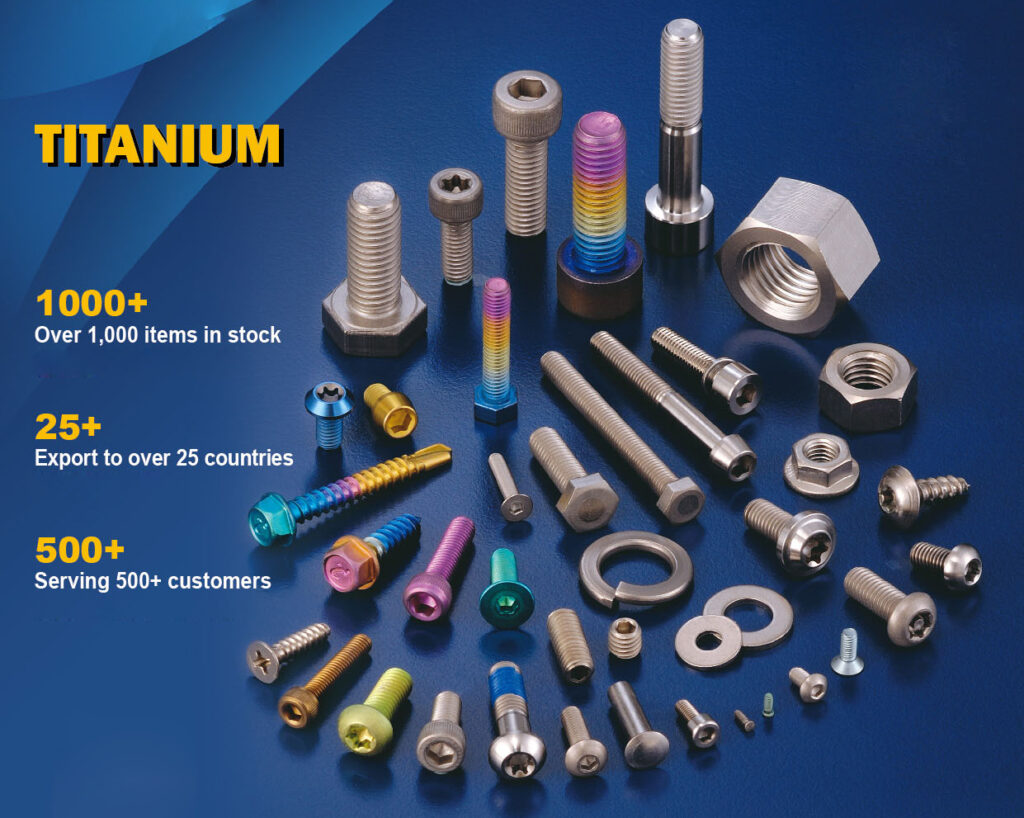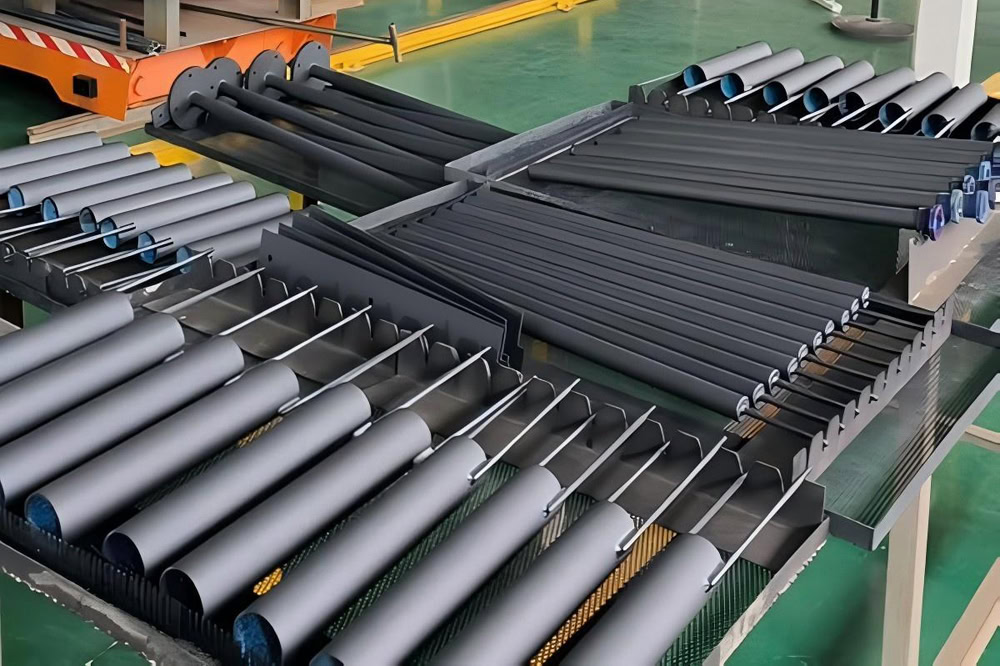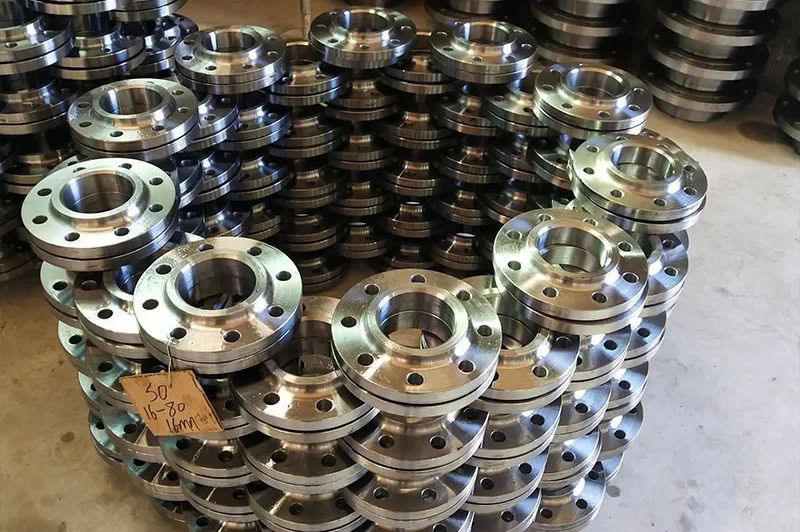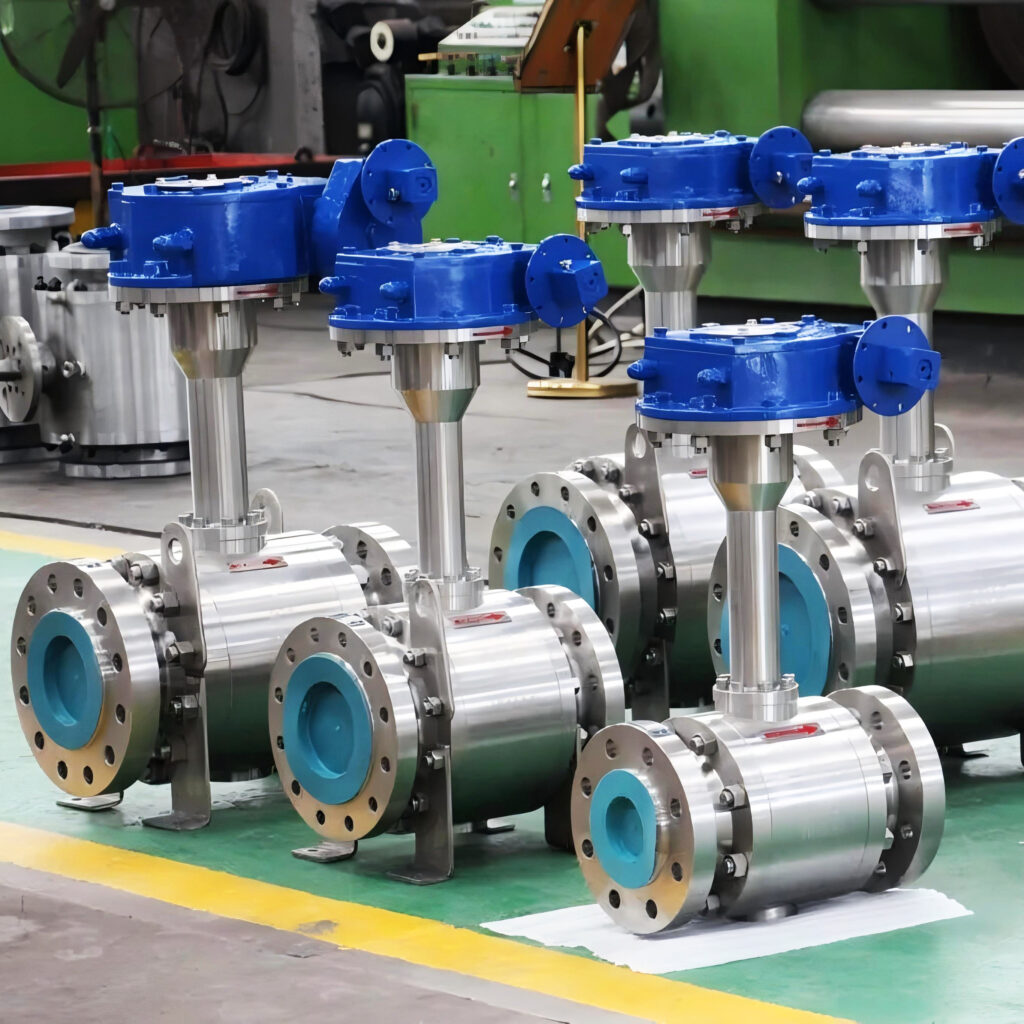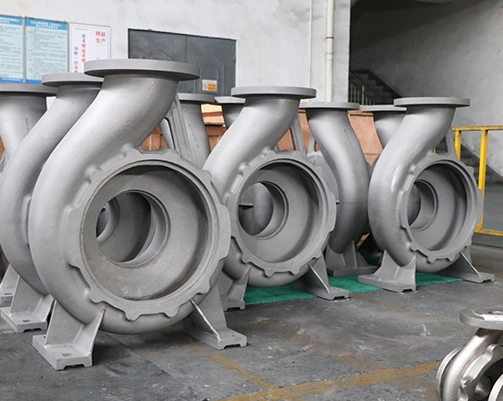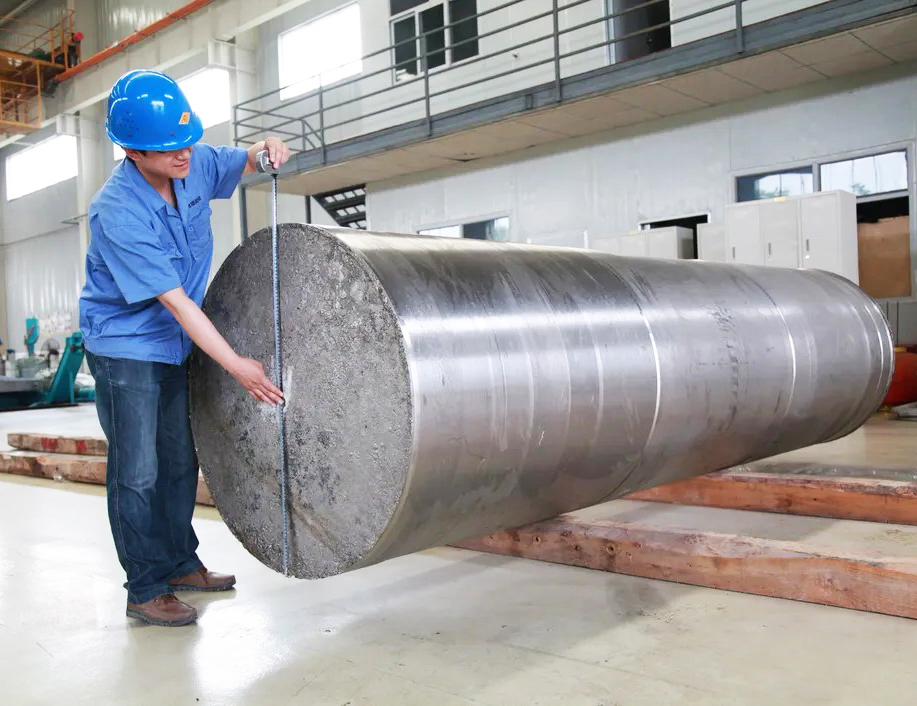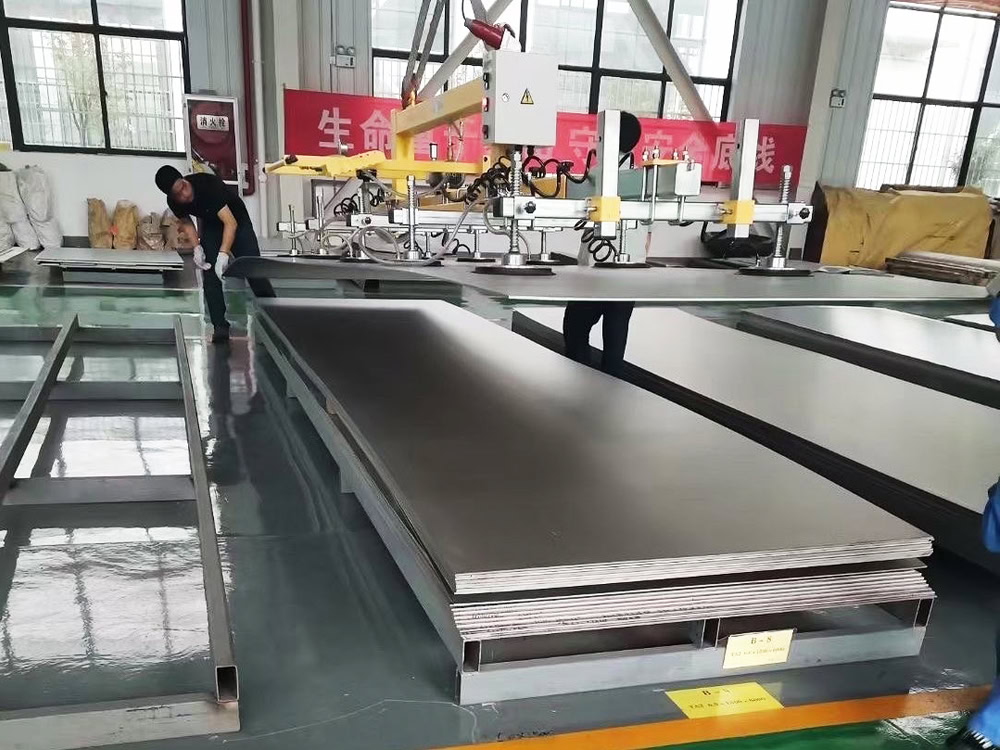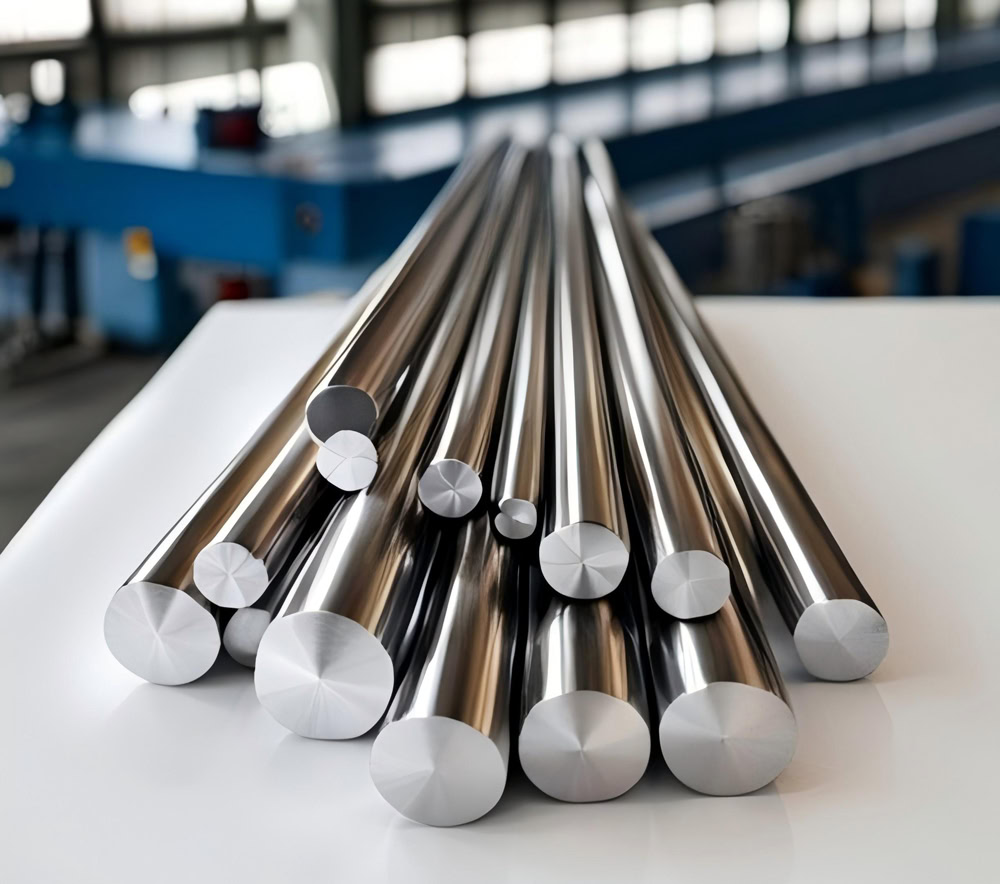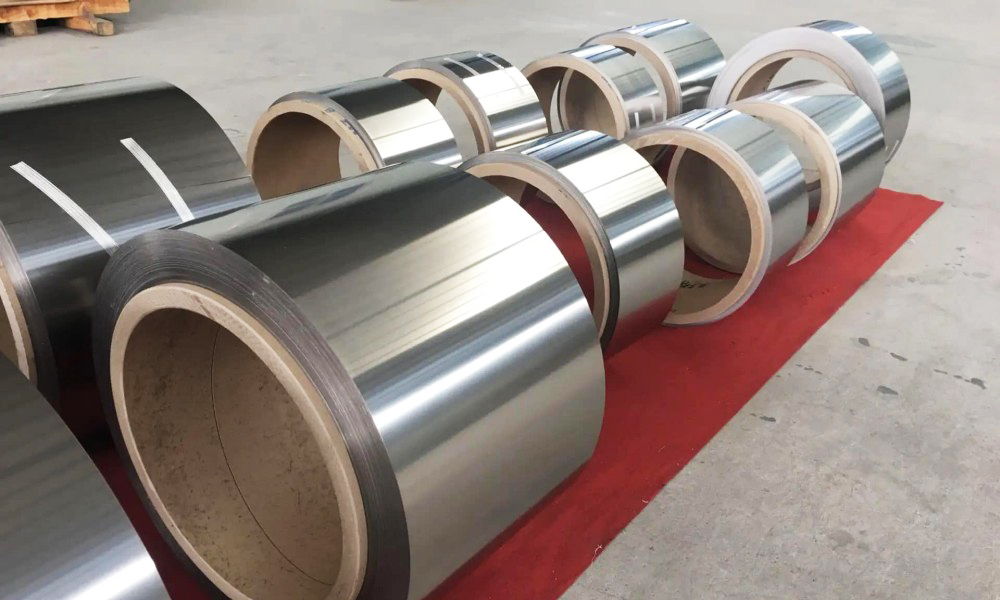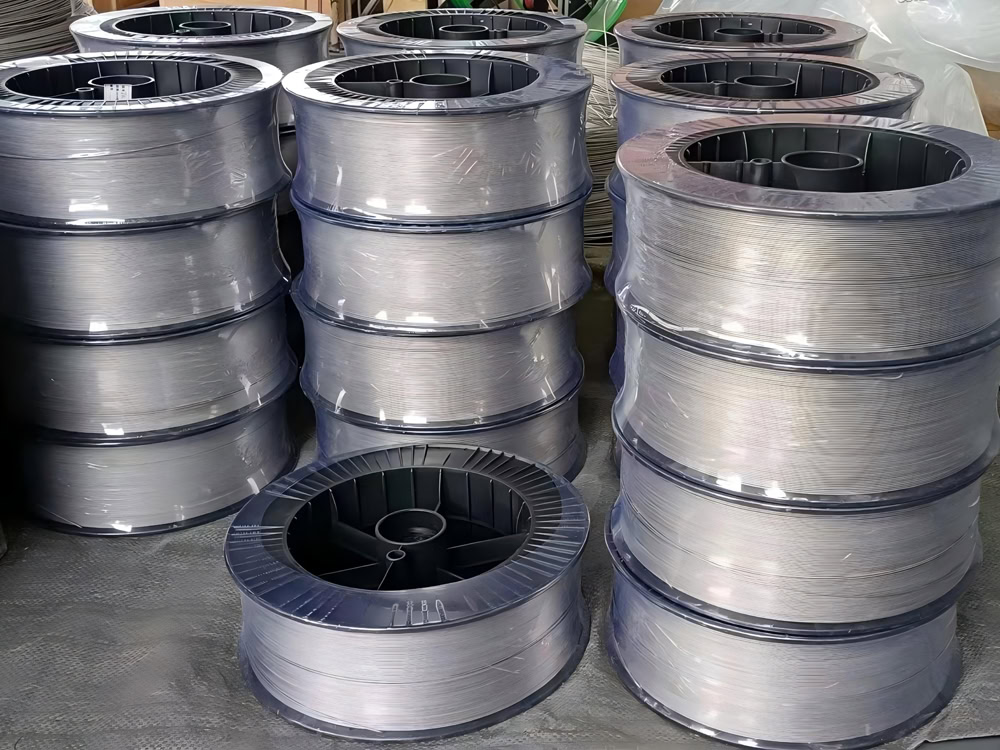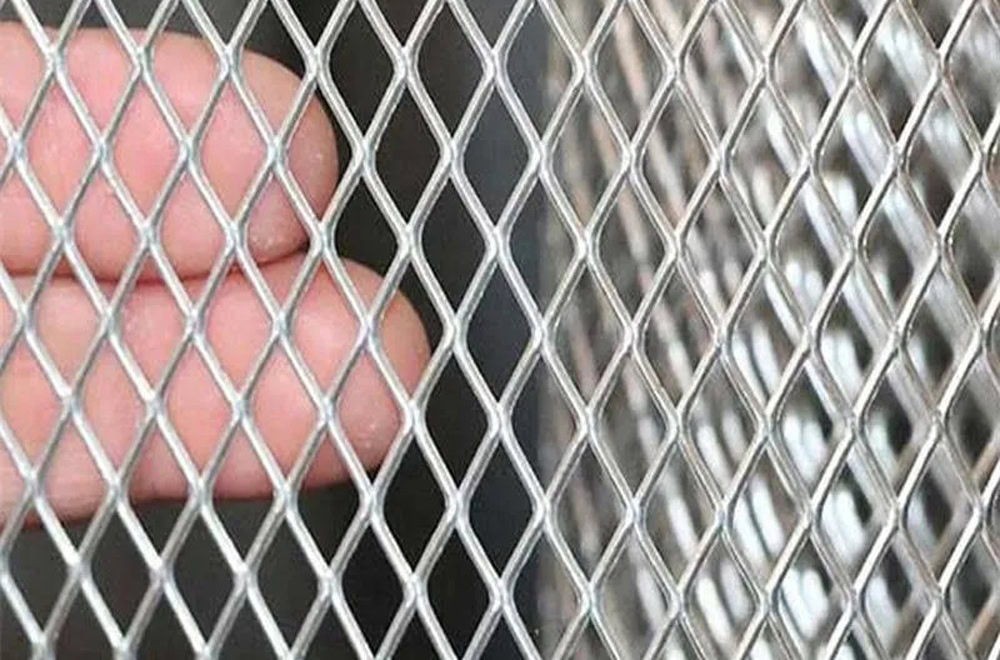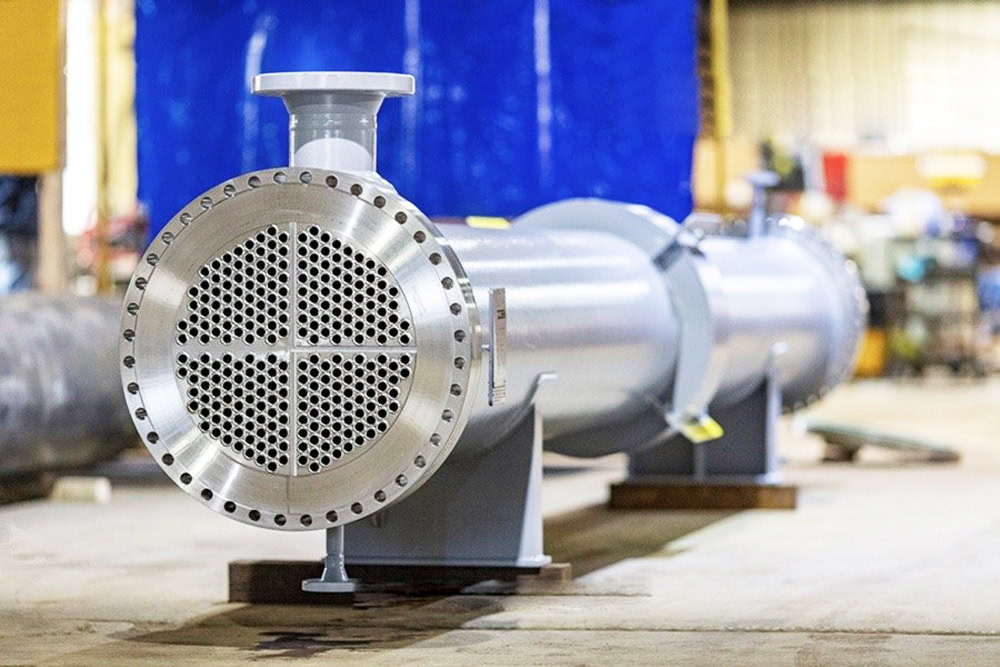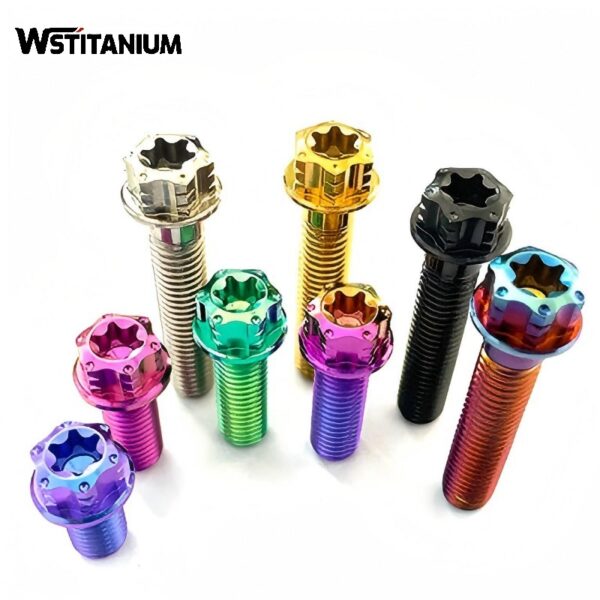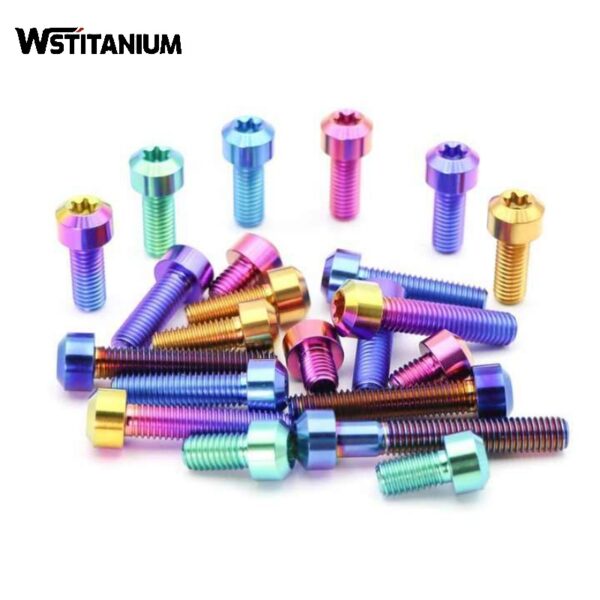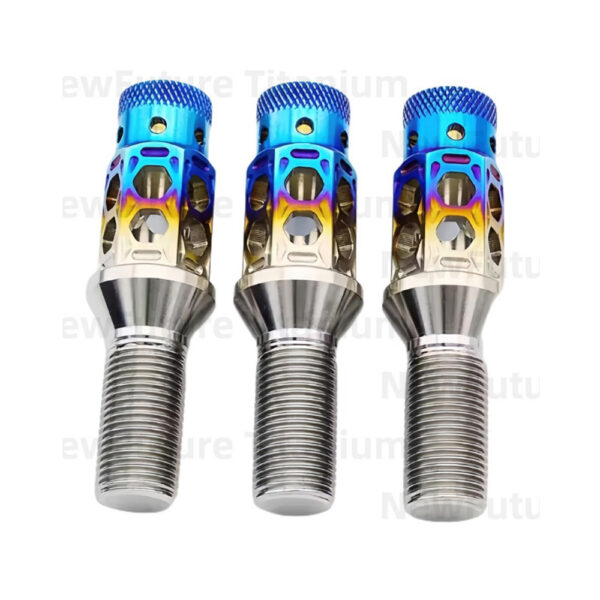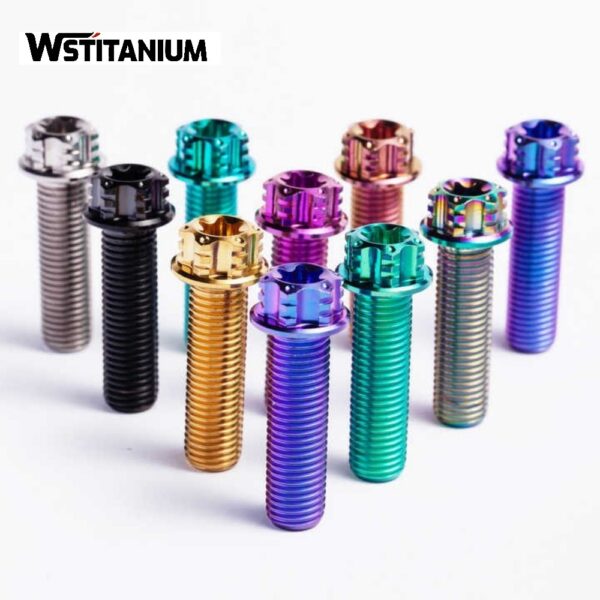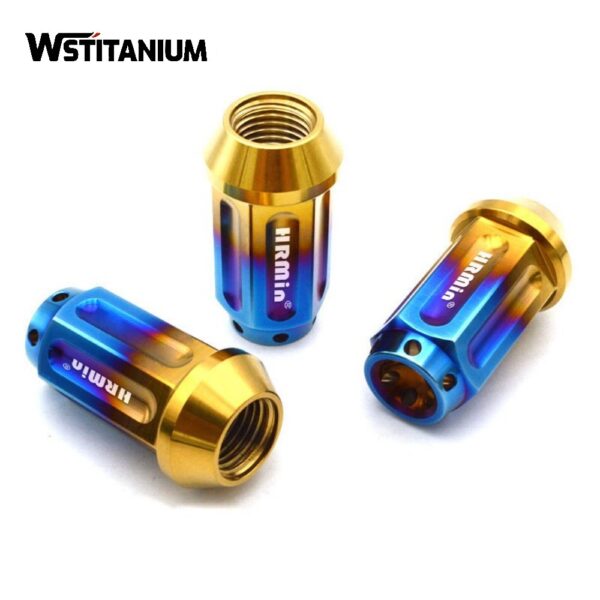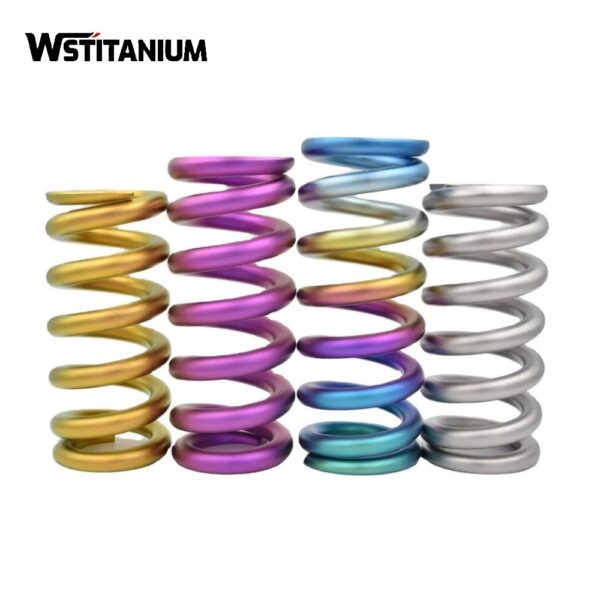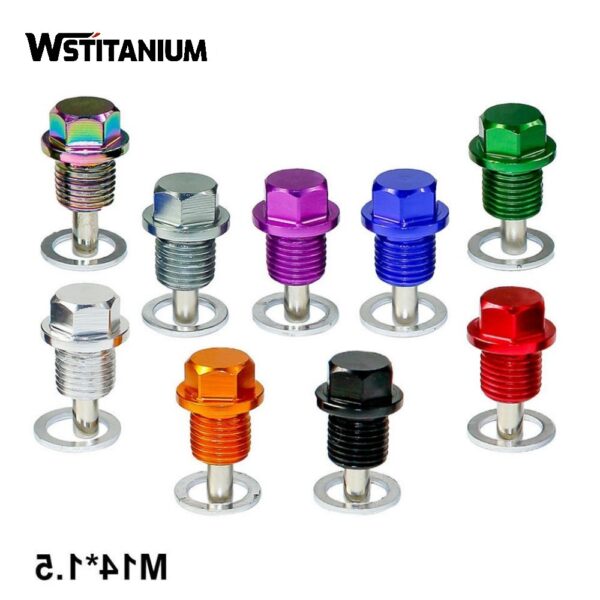CNC Machining Titanium Fasteners
Certified: CE & SGS & ROHS
Shape: Requested
Diameter: Customized
Drawings: STEP, IGS , X_T, PDF
Shipping: DHL, Fedex, or UPS & Ocean Freight

20+ YEARS EXPERIENCE SENIOR BUSINESS MANAGER
Ask Michin For What You Want?
In fields with stringent material performance requirements, such as aerospace, medical devices, high-end automobiles, and marine engineering, titanium fasteners have become a key alternative to traditional steel and aluminum alloy fasteners due to their low density (only 60% of steel), high strength (tensile strength exceeding 1000 MPa), excellent corrosion resistance (with a service life far exceeding stainless steel in seawater and strong acid environments), and excellent biocompatibility.
Wstitanium, a company specializing in the manufacture of precision titanium and titanium alloy components, has been deeply engaged in CNC machining for over a decade. Leveraging its deep understanding of titanium material properties, customized machining processes, and comprehensive quality control, it has become a core supplier to numerous global aerospace and medical device manufacturers.
Titanium Fastener Specifications
| Size | M3-M36. or non-standard according to your requirements. |
| Materials | Gr1 Gr2 Gr3 Gr4 Gr5 Gr6 Gr7 Gr9 Gr11 Gr12 Gr23 |
| Type | Screw/bolts(cap head/socket head/hex head/round head/headless/taper head/shoulder head.etc) |
| Thread | UNC, UNF, UNEF, M, BSW, BSF, TR, ACME, NPT TP |
| Surface Treatment | Anodizing, sandblasting,black oxide, polishing. powder coating, brushing,electroplating, passivation |
| Drawingformat | IGS,STP,STEP,X-T,DXF,DWG,PrO/E,PDF,PNG,JPG |
| Application | Motorcycle,Bicycle,Cars |
| Certifications | ISO9001,CE,BV |
| Service | 1,Free samples will be sent to you after confirming the order. |
| 2,Material test report,Hardness test report,Quality Inspection Report as your require. | |
| 3,video and photos with details freely during. | |
| 4,Drawing formation: PDF, CAD/DWG/DXF, IGS/STP etc.If you don’t have a professional drawing, you can contact us and we will customize it for you according to your requirements. | |
| Euipment | CNC Turning, CNC Milling, CNC 5-axis Turning-milling Compound, CNC Gear Hobbing Machine, CNC Gear Shaping Machine, Manual Milling Machine, Grinding Machine, and Laser Engraving Machine. |
| Quality | Two-dimensional Imager, CCD Image Detection Equipment, Rockwell Hardness Tester, Vickers Hardness Tester, Electron Microscope,Salt Spray Tester,etc. |
| Packing | PE bag,EPE, standardcardboard boxes or plastic trays, sponge trays,cardboard trays,etc |
| Precision | TIR ≤.002″ (0.02mm-5mm) |
| MOQ | In stock:50pcs Custom-made:100pcs |
| Color | Silver, black, red, yellow, green, blue, color, customized according to your requirements |
| Delivery time | In stock : Sample 3days,Bulk goods 7-15days. |
| Custom : Sample 7-10 working days, Bulk goods 15-20 working days. |
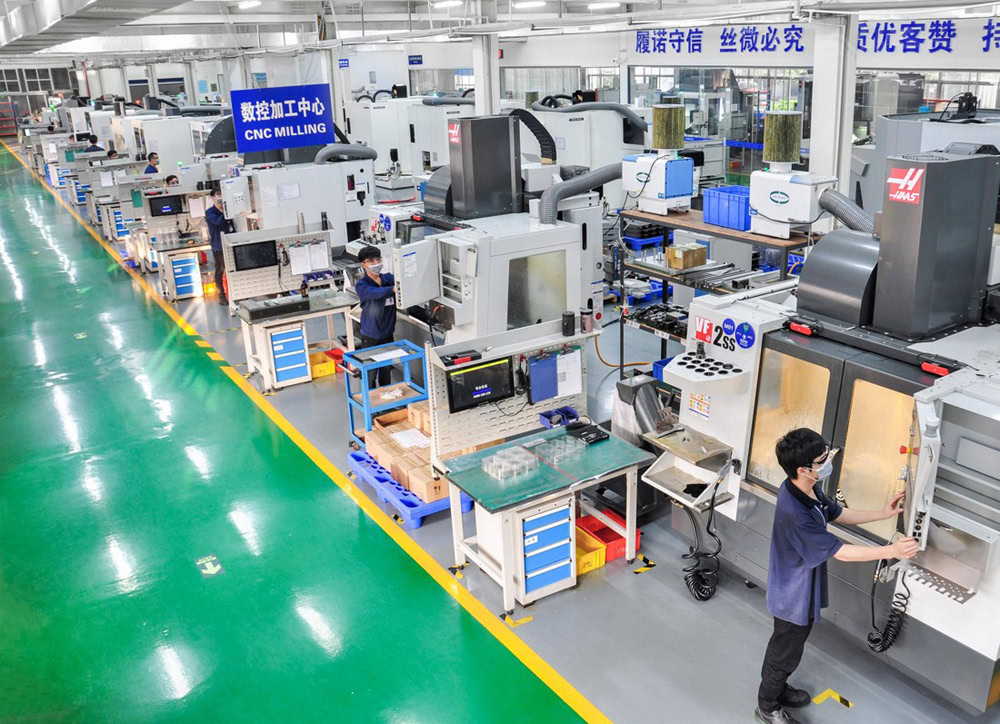
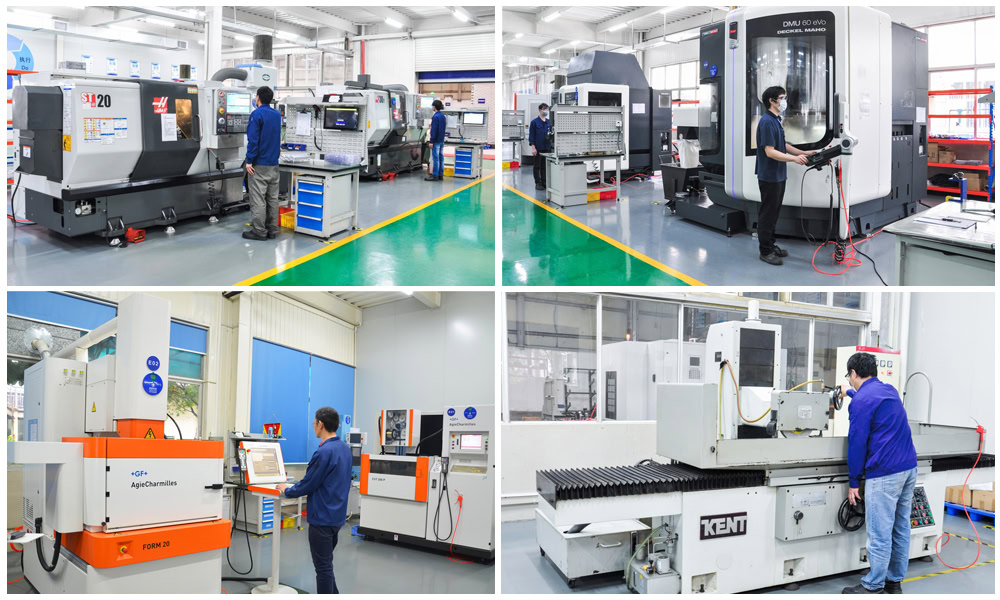
Wstitanium Internal Investment
| Facilities | Applicable Scenarios | CNC Machining Center | Key Parameters |
| Vertical CNC Machining Center | Milling and hole machining of standard titanium fasteners (bolts, nuts) | α-D21LiB5 from Fanuc, Japan | Positioning accuracy ±0.001mm, spindle speed ≥10000rpm |
| Horizontal CNC Machining Center | Machining of slender and batch titanium fasteners (such as tie rod bolts) | DMU -60eVo from DMG Mori, Germany | Dual worktables, spindle power ≥30kW, torque ≥800N·m |
| CNC Lathe | Cylindrical turning and end face machining of titanium fasteners | STC 1200 from Starrag, Switzerland; HAAS ST -20 | Maximum machining diameter ≥150mm, cylindricity ≤0.002mm |
| Thread Rolling Machine | Thread machining of high – strength titanium bolts | REI ROL 400 from Italy | Rolling diameter M3 – M30, thread accuracy ≤6g |
Quality Control
Wstitanium strictly adheres to ISO 9001 standards for quality control to ensure that our titanium fasteners meet high quality standards. Wstitanium is constantly striving to improve quality and is dedicated to meeting your demanding needs. We believe that quality control is the key to our success.
1. Basic Material Testing
Composition Analysis: Spectroscopic analysis (e.g., direct-emission spectrometer) is used to confirm the titanium alloy grade (e.g., TC4, TA2) to ensure that the Ti content and alloying elements (e.g., Al, V) comply with ASTM B348 or GB/T 2965 standards to avoid impurities that may affect corrosion resistance.
Microstructural Examination: A metallographic microscope is used to observe grain size and structural uniformity to prevent structural defects (e.g., Widmanstätten structure) caused by improper heat treatment, which could affect mechanical stability.
2. Mechanical Property Testing
Tensile strength, yield strength, and elongation are tested to meet the corresponding grade requirements (e.g., TC4 tensile strength ≥860 MPa) in accordance with ASTM F1106 or GB/T 30767. Surface hardness is tested using a Vickers hardness tester (HV) to avoid excessive hardness that increases brittleness or insufficient hardness that affects wear resistance. For high-intensity applications such as aviation and medical applications, fatigue life is tested using simulated alternating loads to ensure long-term fracture resistance.
3. Dimensional Inspection
Use calipers, micrometers, or a three-dimensional coordinate measuring machine to inspect thread accuracy (e.g., pitch, pitch diameter), length, and diameter in accordance with ISO 898-1 or GB/T 3098.1 standards. Visually or microscopically inspect to ensure the absence of defects such as cracks, scratches, and scale. Test coating thickness, adhesion, and corrosion resistance (neutral salt spray test) to prevent coating loss and rust during use.
4. Special Performance Testing (Optional)
Corrosion testing in specific environments (e.g., acidic or marine environments) is performed to evaluate the corrosion resistance of titanium alloys. This is particularly applicable to the chemical and shipbuilding industries.
Ultrasonic Testing (UT): Detects internal cracks, inclusions, and other defects.
Penetrant Testing (PT): Detects surface-opening defects and is suitable for complex structural areas such as threads and chamfers.
5. Core Testing Standards Reference
ASTM B348 (Titanium and Titanium Alloy Bars), ASTM F1106 (Mechanical Properties of Titanium Alloy Fasteners), and ISO 5832-2 (Titanium Alloys for Surgical Implants).
Through these systematic tests, we ensure that titanium fasteners meet application requirements in terms of strength, corrosion resistance, and stability. This is particularly true for critical applications such as aerospace, medical devices, and high-end equipment. Test results must be accompanied by reports issued by authoritative organizations.
Related products
-
Titanium Fasteners
Titanium Flanged Hex Bolt
-
Titanium Fasteners
Titanium Fasteners Manufacturer and Supplier
-
Titanium Fasteners
Titanium Bolts Supplier
-
Titanium Products
Titanium Fasteners For Motorcycles
-
Titanium Fasteners
Anodized Colored Titanium Fasteners
-
Titanium Fasteners
Colored Titanium Nuts
-
Titanium Fasteners
Colored Titanium Springs
-
Titanium Fasteners
Rainbow Titanium Bolt For Cars
